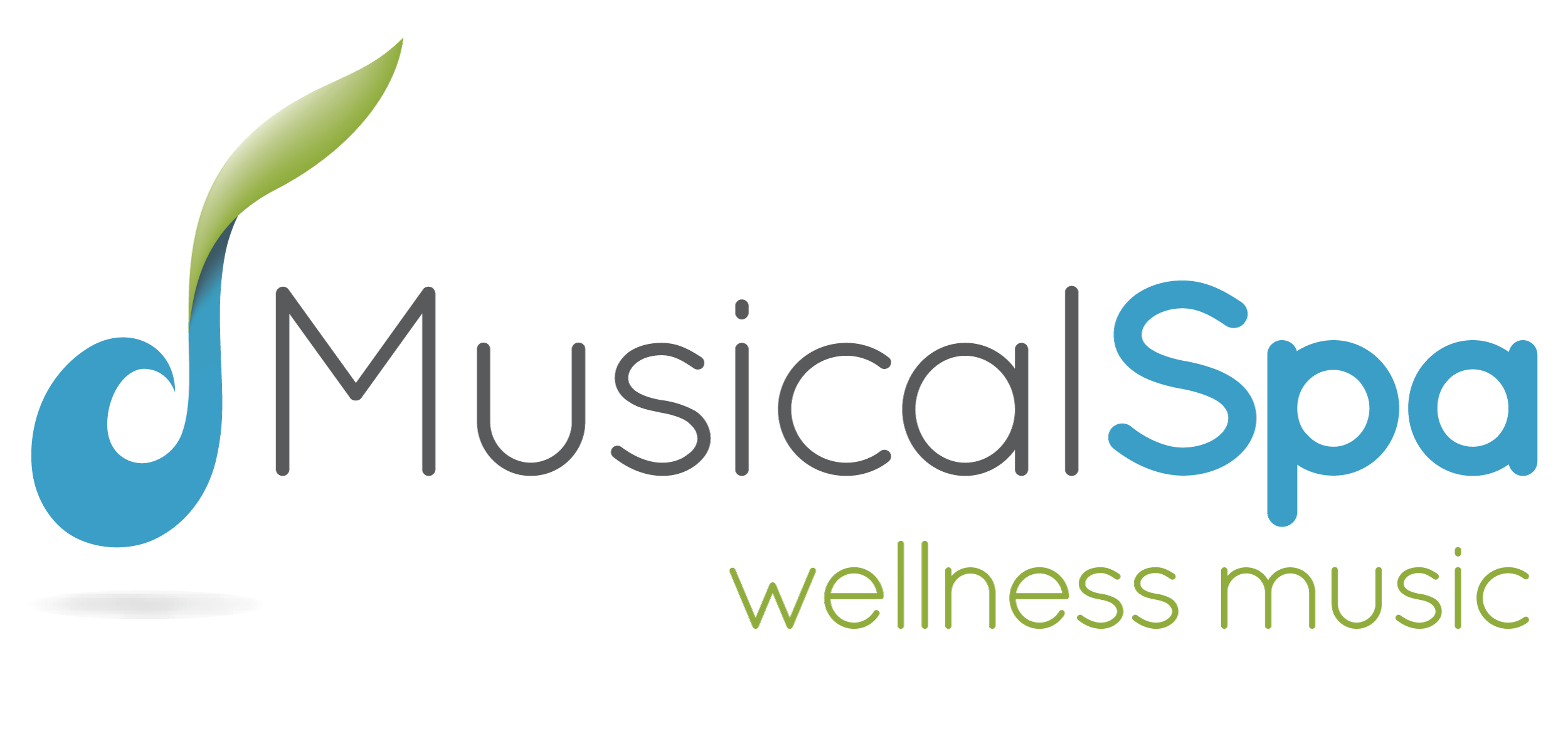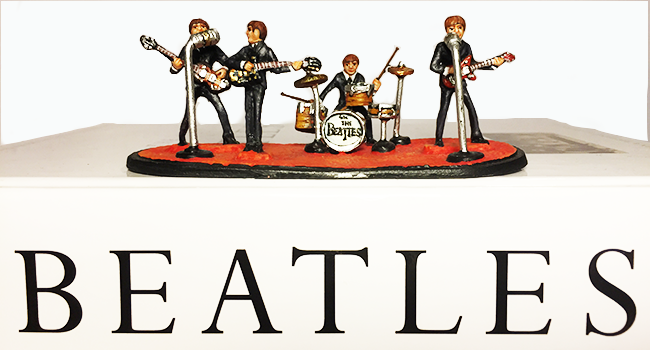Sound, rhythm, and movement are all characteristics of music and have been part of humans’ lives for thousands of years. Whether through song, dance, or music-making, music’s value and role in your child’s life should never be underestimated. Carnegie Hall points out that music is a powerful tool you can use to your advantage in your home or classroom to create positive feelings, harness emotions, and interact with the world at large. Music nurtures, aids development, strengthens bonds, and enhances communication.
Most parents expose their children to music from a very early age. Many schools incorporate music learning and teaching in their curriculum; however, music can be used in many other settings. Of course, it also benefits children in ways other than just music appreciation. One such example is music as therapy for children with attention deficit hyperactivity disorder, also referred to as ADHD.
What Is ADHD?
Children with ADHD have difficulty concentrating, sitting still, and paying attention to what’s said at home or in the classroom. They may also have problems following instructions and controlling their behavior. According to the Child Mind Institute, children with ADHD can be divided into two groups: inattentive behaviors and hyperactive and impulsive behaviors.
Children who display inattentive behaviors are generally easily distracted and don’t seem to listen to others when spoken to directly. Children who display hyperactive and impulsive behaviors are constantly moving, are impatient, and can talk excessively.
What Is Music Therapy?
Music therapy is a form of clinical, evidence-based music intervention. As in several other professional vocations, a music therapist must complete an approved music therapy program to practice. Music therapy is used as a tool to address a variety of educational goals and is often beneficial for children with ADHD.
Music Therapy and the ADHD Child
Music therapy can help your child in many ways, including at school and at home. The music therapist uses music to build a relationship with your child, which gives them better insight into how to work with the child’s disorder. Music improves the mind/body connection by teaching your child to become more aware of their emotions. It can also help your child focus, which is very important for a child with ADHD as their inability to focus can adversely affect their learning experiences.
Research has shown that classical music and nature sounds work best for children with ADHD as they calm them and help with concentration. As a space saver, consider a soundbar instead of bulky speakers. Their sound quality is excellent, and having one in your space can add value for your students without too much expense.
Another tool that can augment music therapy is learning to play a musical instrument to build self-discipline and self-esteem. It can also develop self-expression, motivation, and memory improvement, which aids other learning areas.
If you have a spare bedroom, your child could use this as a practice space. Keep in mind that if you make any upgrades such as soundproofing and new flooring, you’ll want to document these improvements in case they boost your home’s value.
Lastly, introduce them to the world of music production. This will allow them to track, mix, and master their own recordings. Not only will this provide a wonderful creative outlet for them, but it can also inspire them to pursue music production as a possible career.
Embrace the Value of Music
There are many benefits to exposing your ADHD child to music. Introduce this art into your kid’s life wherever you can — and then let the music begin! And if you’re looking for music to introduce to your kids, MusicalSpa has an excellent selection of albums ready for listening!
Image via Pexels



